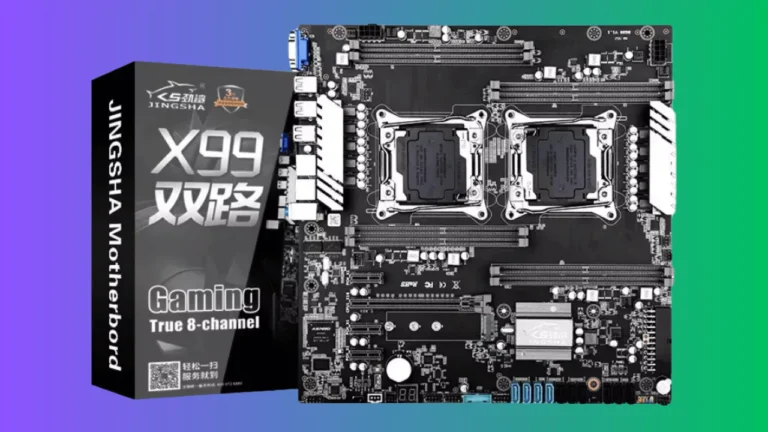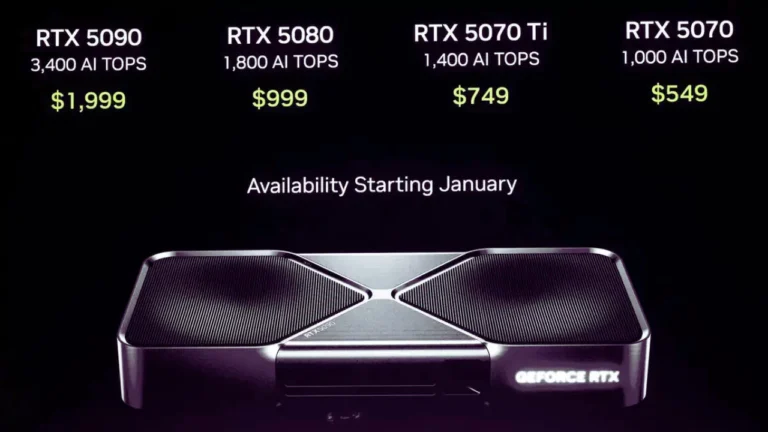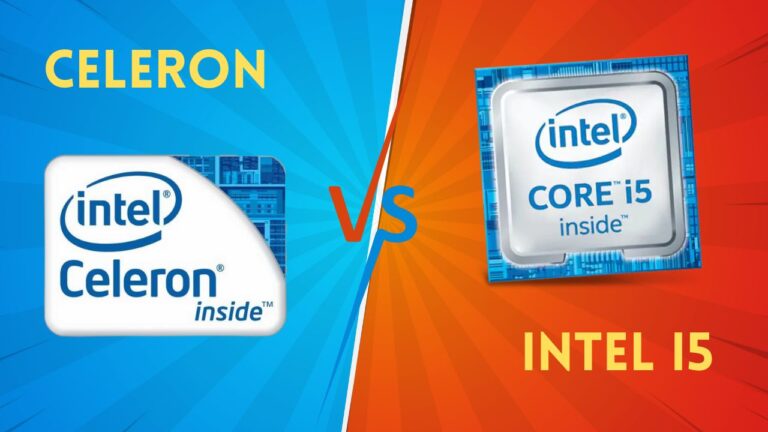When selecting a gaming PC case, there are several aspects, such as size. Based on this, you can assess how much room it will require on the table. However, experts agree that selecting the best material from which the case is produced is equally crucial when purchasing.
The mass of the gaming PC case, the stiffness of attachment of all parts contained inside, the capacity to endure external mechanical impacts, and the attractive design are all directly reliant on the material used to make the case. Gaming PC chassis are often composed of two metals. These are made of aluminum and steel.
Let’s talk about which material is ideal for your gaming PC case. Does a PC Need a Metal Case? I will compare aluminum and steel frames in this article.
Steel Computer Cases
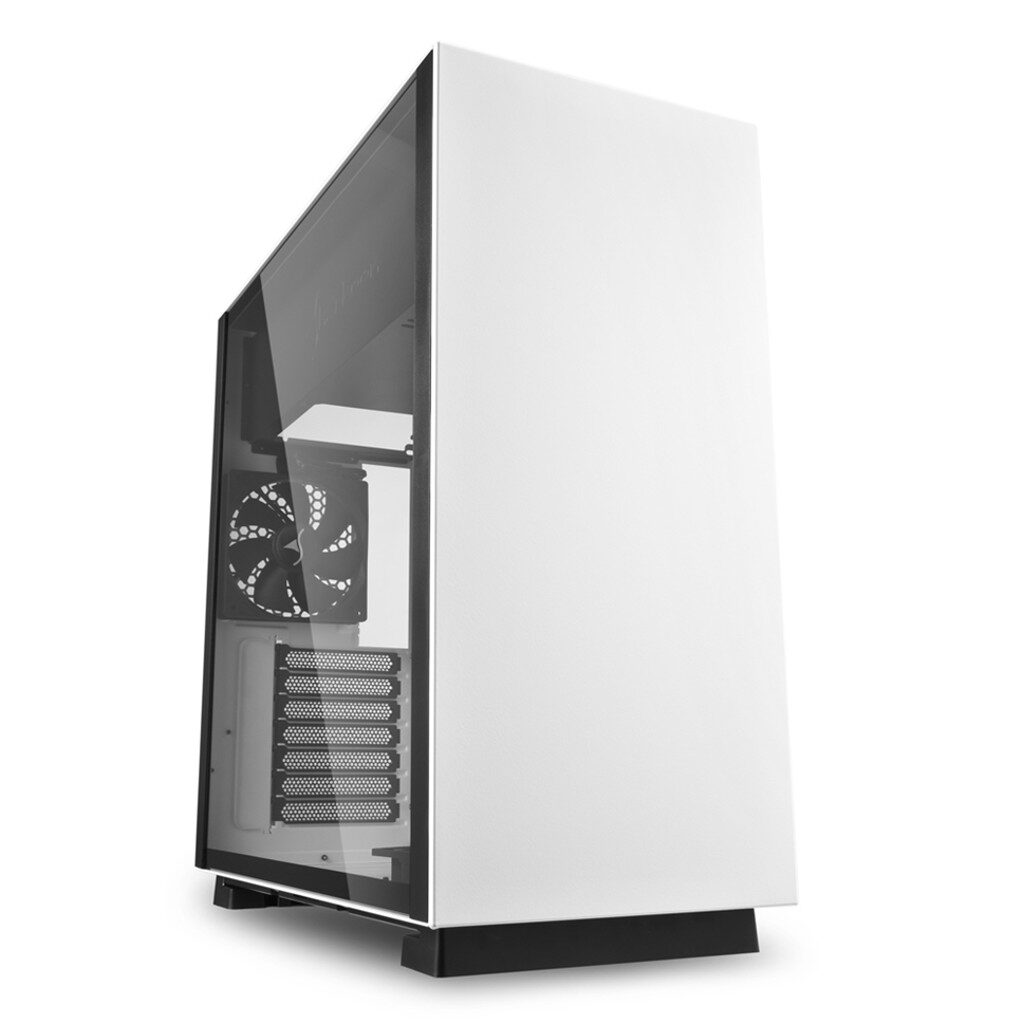
Steel frames are reasonably priced. Steel is a changeable metal, although it is often far less costly than aluminum. Steel cases are often 25% to 50% less expensive per case size. They don’t have a high-end feel, but if that’s not essential to you, steel casing will suit you significantly better.
Indeed, in terms of weight, steel casings are often significantly heavier than aluminum ones. This increased weight translates into enhanced stability for these boxes. In terms of wall thickness, steel casings with a thickness of 0.5-0.8 mm are considered high-quality. It will safeguard your components consistently, and no vibrations or rattling will be transmitted. Thinner-walled chassis are more susceptible to vibration and unpleasant noises like rattling.
However, I neglected to emphasize that aluminum is far more easily scratched and damaged than steel. If you are prone to hitting your gaming pc case, we recommend purchasing steel-made cases.
Steel’s Advantages and Disadvantages
Both aluminum and steel have advantages, and most players choose one over the other. Steel casings are used by those who value durability and soundproofing. Steel is significantly less prone to scratching and denting than aluminum. Because of its thickness and durability, it also reduces noise and rattling. Steel is also less expensive than aluminum, which is advantageous if you intend to build your own system.
Steel computer cases have the disadvantage of being heavy and bulky. They are not suitable for folks who bring their boutique gaming PCs to school or work, or for those who play in groups. Steel is not an excellent heat conductor, contrary to popular belief. The efficiency with which air is circulated via the fans determines how cool the computer remains.
Aluminum Computer Cases
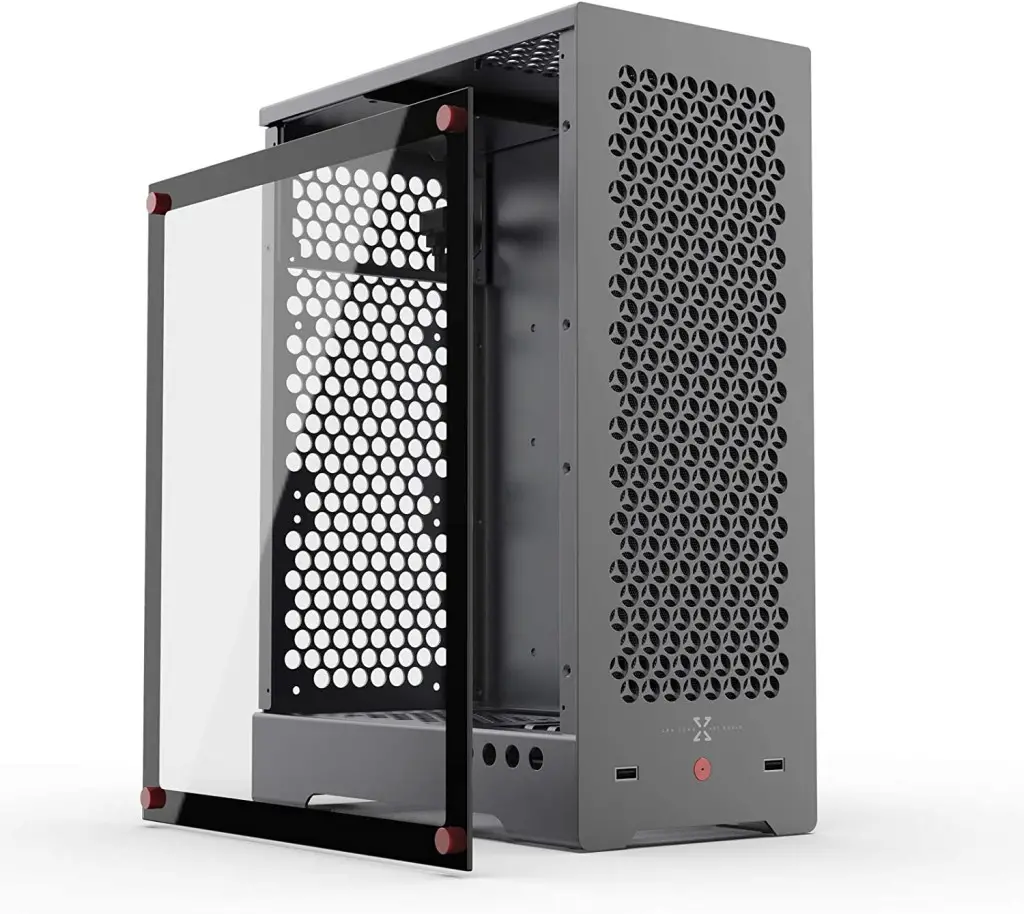
Aluminum is commonly utilized in premium-class chassis. The qualities of this material are the primary reasons for employing it. Aluminum is a lightweight, ecological, and long-lasting material that is commonly utilized in interior design. And, more than likely, the case you purchased from this metal will fit flawlessly into your interior. Aluminum is also used in the cases of high-end mobile gadgets. Even the plastic is coated in metal and looks beautiful. The sole disadvantage or advantage is the cost.
Aluminum is easy to recycle, which has environmental benefits. Recycling drastically decreases resource use and pollution in the environment. Aluminum can be recycled and utilized virtually indefinitely. Aluminum, for example, can readily replace plastic, one of the leading producers of trash in the world, in the vehicle and high-tech sectors.
It must be agreed that, in many circumstances, an aluminum casing should be regarded as the ideal alternative, particularly for PCs with extremely hot systems.
Aluminum computer enclosures are more suitable for severely hot systems. They do, after all, distribute heat throughout their full surface. Steel gaming PC casings provide excellent sound insulation.
Aluminum’s Benefits and Drawbacks
The main advantage of aluminum is its low weight, which makes it a popular choice for consumers who move their laptops frequently. This function is extremely popular among LAN partygoers. Aluminum is also more visually appealing than steel. It’s sleek, stylish, and modern, and it’s carried over to the body of the gaming PC.
The issue with aluminum is that it is costlier and requires more material to provide equal strength to steel. Manufacturers attempt to utilize as little aluminum as possible to save costs. As a result, the cases become more delicate and prone to scratches and dents. The thin material also causes greater rattling and noise from the interior elements.
Is There a Better Alternative?
At Velocity Micro, I value aluminum chassis because they are more compatible with the way people use computers today and the aesthetics that consumers seek. The distinction is that I do not compromise the material’s integrity. Our built-in USA gaming PCs are made of solid aluminum. Buyers get the best of both worlds: outstanding thermals and durability combined with a stylish, lightweight design.
When buying a new gaming system, don’t feel like you have to sift through forums to figure out whether steel or aluminum is a better option. Both have advantages, but when quality, solid aluminum is used, you may enjoy a modern, lightweight computer with superior durability even on the road.
Conclusion
I use aluminum casings since they are better in line with the requirements of current PC users and professional clientele. Aluminum is the finest choice since it transmits heat well.
The VOLTA PC case is mostly made of aluminum for thermal conductivity and natural convection cooling. Aluminum is lighter than steel, which is beneficial to your back if you need to move your computer on a regular basis. The brushed metal is stunning.
Avoid buying the cheapest steel casings since they are frequently constructed of low-quality stamping and have varying backlashes. And the elements’ dependability leaves a lot to be desired. When you buy a new gaming PC, you won’t have to look on forums to determine which is better- steel or aluminum. Both have advantages, but if you pick sturdy, high-quality aluminum, you may travel with a lightweight, attractive, and incredibly durable PC.
Frequently Asked Questions
What is the best material for a computer case?
Both aluminum and steel have advantages, and most players choose one over the other. Steel casings are used by those who value durability and soundproofing. Steel is significantly less prone to scratching and denting than aluminum.
What are NZXT cases made of?
All visible case components are created with fresh plastic, decreasing the chance of surface flaws and enhancing overall product quality; unseen components, such as the inside-of-case USB shroud, are made using recycled plastic (using the leftovers from this procedure).
How are computer cases made?
In the factory, tooling is put on massive metal presses, and raw metal is inserted within and forced into shape. A PC case, unlike a cake mold, cannot be made with a single piece of tooling.
What plastic are computer cases made of?
ABS (Acrylonitrile Butadiene Styrene) ABS is a two-phase polymer mix that offers excellent overall performance in electronic enclosures. As a result, ABS is employed in the majority of OKW applications.


